The parts of a car are even more likely to develop damages when they are used frequently. While some are easily fixable, others are not and require replacement. A car’s engine contains some parts that are not designed to be loud. Even if everything functions as it should on a daily basis, problems can eventually develop if you drive your automobile frequently without servicing it.
Many car owners consider this to be the worst thing that could have ever happened to them. Let’s carefully examine some of the risk factors for developing an engine to stop or knock, trying to leave us frustrated, and then determine whether it is preferable to take the required precautions to prevent such an incident in the first place.
1. If your car’s engine is not running with the right amount of oil, it might make a noise. This is so that the engine can operate properly, which requires a specific volume of oil. Your engine will eventually shut down if there isn’t enough oil, since its mechanical components will grind, scrape, and smash against one another. We advise you to frequently check for engine leaks, regularly change your oil to get rid of old oil, and—most importantly—never allow your oil run low.
2. Because every engine has the potential to overheat, the combustion of fuel, which naturally takes place whenever the vehicle is moving, brings this risk. In order to prevent the engine from overheating, a well-designed cooling system is necessary. You can be confident that something is wrong if its temperature reading is really not showing you accurate measurements since you’ll be able to identify the problem and fix it promptly. Making sure the sealant is in proper functioning order is quite important since overheating might happen in an engine if it is not.
3. The pressure applied to the fuel-air mixture by the pistons inside the engine makes the mixture more dense. If water gets into the engine bay, it will bend, break, or blow the cylinder’s holes out of their sockets, ruining the engine. Modern autos have low-mounted air intake and exhaust valves that are susceptible to hydrolocking. Driving a car in flooded roads is it dangerous? Yes! Don’t take a chance. If you come into a flooded region, find an alternative route, watch for the water level to recede, or cancel your engagement.
4. Spark plugs, which are found in the engine bay of the engine, are what create the “spark” that generates the fuel-air mixture mostly during engine’s power stroke. The installation of the wrong plugs at the wrong intervals can result in engine knock. Detonation knock may result from the different heat tolerance levels of spark plugs, which can fluctuate.
5. Harmful exhaust buildup can harm your engine’s cylinders and interfere with the combustion process. This can decrease performance, decrease gas mileage, and increase the risk of the engine overheating.
6. The banging noise returning from the engine could be caused by worn engine bearings. Bearings that are worn out cannot support the weight of the engine, which might result in engine knock. Changing the bearings could resolve the issue.
7. The engine timing is controlled by a computer system in the majority of today’s vehicles. The ignition timing is managed by a microprocessor. If they don’t fire in the proper sequence, a knocking sound will be made. It turns out that this noise is caused by several cylinders firing simultaneously because the spark plugs are not really igniting in the proper order. If the spark plugs are destroyed or installed in the wrong order, this can also happen in older cars.
8. A vacuum leak can cause a car to overheat, lose power, and even catch fire. The most common vacuum leaks are in the engine compartment, where the vacuum hose connects to the carburetor or engine. The vacuum hose can rupture and allow air into the engine. This air can cause the engine to overheat, lose power, knock and even catch fire. Vacuum leak is a symptom of engine knocking. A vacuum leak can be caused by a number of things, including a broken seal, a hole in the vacuum system, or a missing part. A vacuum leak can cause the engine to overheat and knock.


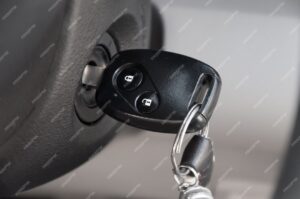
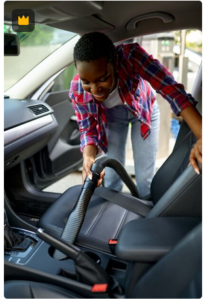

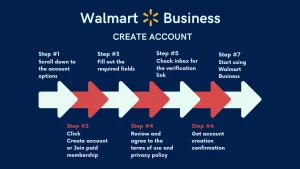
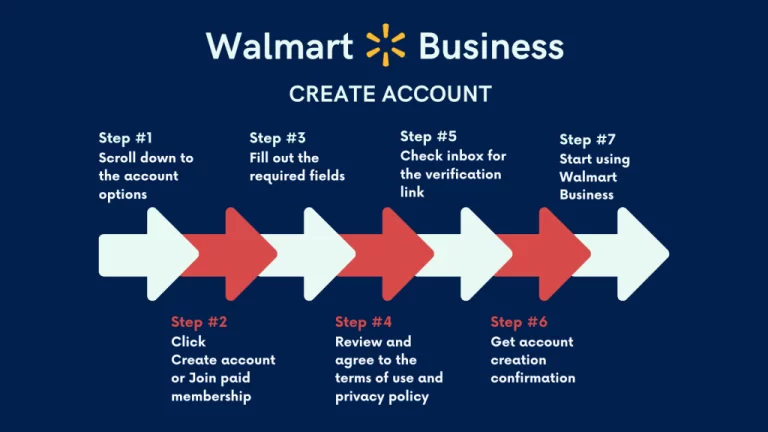
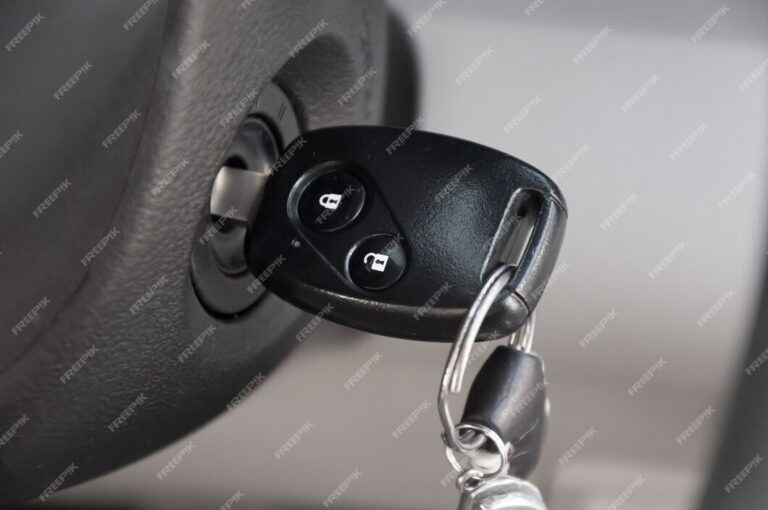
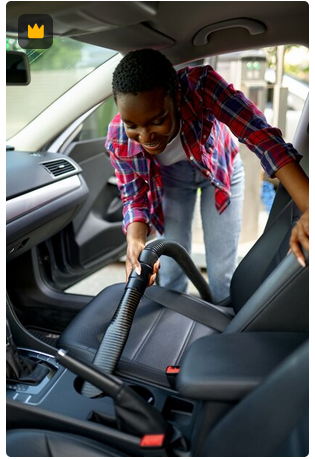
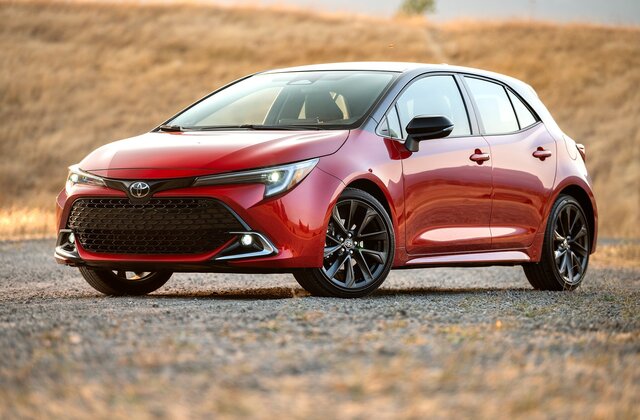


+ There are no comments
Add yours